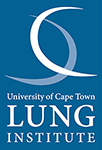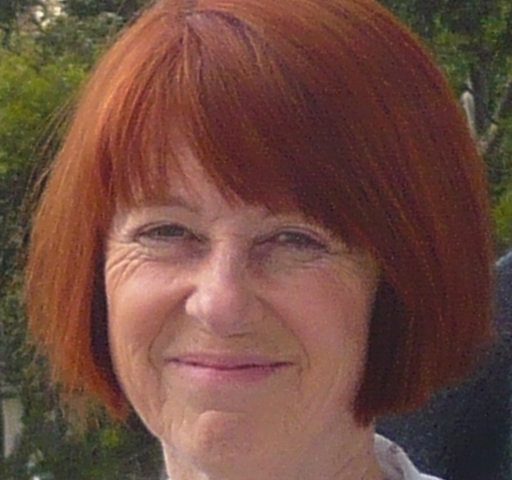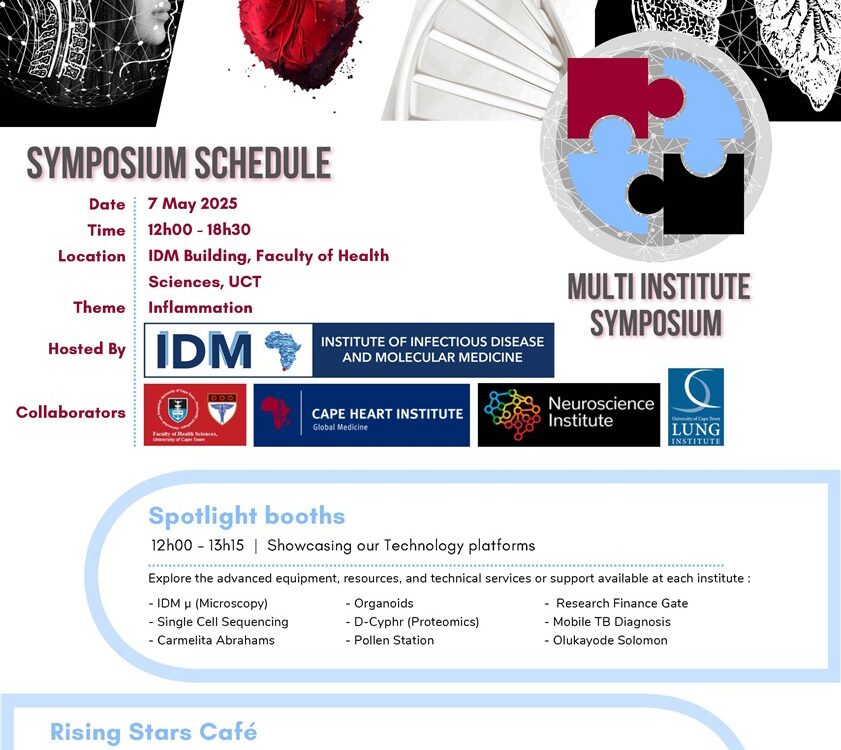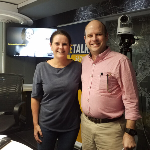
Health & Wellness: What is COPD? what causes it, how to treat it & how to prevent it.
27th November 2019Tuberculosis is a preventable however, still claims millions of lives every year
15th January 2020Current Allergy & Clinical Immunology | December 2019 | Vol 32, No 4
Dilys began her career as a medical technologist in 1972. Her work in the sphere of allergy started in 1976, when she joined an allergy research team to assist with the laboratory work for a field study in the Tsolo District, Eastern Cape, with the then Drs Eugene Weinberg and Christo van Niekerk. She then accepted a laboratory post in the Allergy Department at the Red Cross War Memorial Children’s Hospital, where she worked for 27 years developing the field of aerobiology. There she taught Paul Potter and Cas Motala, the first Allergy registrars, and subsequent registrars and fellows aerobiology. In particular, she passed on her expertise in how to identify pollens and fungal spores under the microscope, and set up the pollen monitoring programme for the Western Cape.
Field trips to Namibia in 1985 and to the Transkei in 1987 followed, during which she provided integral laboratory support for those ground-breaking projects. Professor Eugene Weinberg was a great mentor to her and fuelled her passion for aerobiology and allergies. Her long-term pollen-monitoring work, setting up of assays and tests and laboratory work in the field of allergy was unique in the country. She collaborated with many researchers in the field of allergy over the ensuing years, which led to 13 publications in local and international journals, three chapters in books and nine congress presentations.
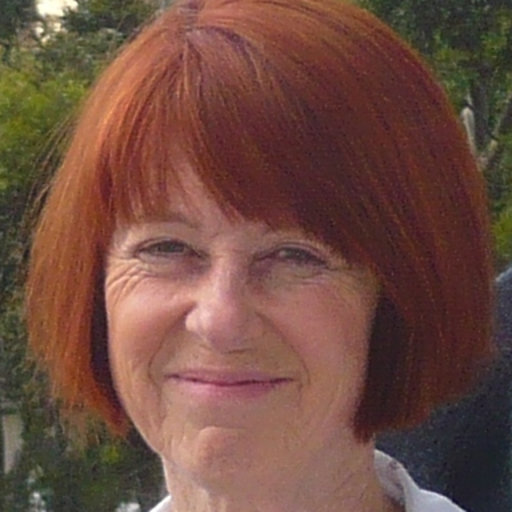
Her work over the years has extended to include aeroallergen monitoring for the City of Cape Town, Sasol, Chevron, the University of Cape Town’s Department of Public Health and Family Medicine, Food Allergy Testing and Consulting Services, the University of Antwerp’s Emmonsia project and the University of Cape Town Lung Institute’s Allergy Unit. The culmination of her work was to collate her 30 years of pollen and fungal-spore monitoring into a PhD thesis, having been encouraged to do so by Paul Potter, her supervisor, with Jonny Peter as his co-supervisor. Her PhD was awarded in December 2018, the first in Aerobiology from the University of Cape Town.
She also has a BA in Psychology and English and a BA (Hons) in English Language and Literature. She is a grandmother of two delightful grandchildren. Her landmark PhD defines distinct sub-regional aerobiomes in the Western Cape for the first time and also shows significant changes in aerospora release, confirmed by very rigid statistical analysis, over the past 30 years. Furthermore, she has identified the emergence of new fungal and pollen species in the region which may be more important than previously believed and which should become part of routine allergy testing.
It has been a great pleasure to know and work with Dilys over the past 35 years, a colleague who has been helpful, hardworking and optimistic in her approach, and diligent in her pollen work, which has been characterised by great attention to detail. Besides these attributes, she is consistently friendly, curious and extremely modest, tinged with a wry sense of humour. Her enthusiasm for the world of aerobiology is infectious. We have had a lot of fun writing papers setting up and evaluating pollen-monitoring sites at Observatory and Mowbray and working on new projects over the years. Over the past 15 years, she has regularly taught diplomates in Allergy and fellows in Allergology about the Burkard spore traps and pollen monitoring.
Her local knowledge is vast and widely respected by the local and international communities. Her contributions to the field of an allergy knowledge-base for allergy practice, the diagnosis of allergies in patients and the recognition of Allergology as a subspeciality in South Africa are highly significant. Dilys has also been a member of the Allergy Society of South Africa for many years, has participated in its congresses and workshops, and has written articles for its journal, the Current Allergy and Clinical Immunology Journal. It is most befitting, therefore, that the Allergy Society of South Africa should bestow upon her the honour of Life Membership.
Emeritus Professor Paul Potter
https://journals.co.za/content/journal/10520/EJC-19c110e2a1
